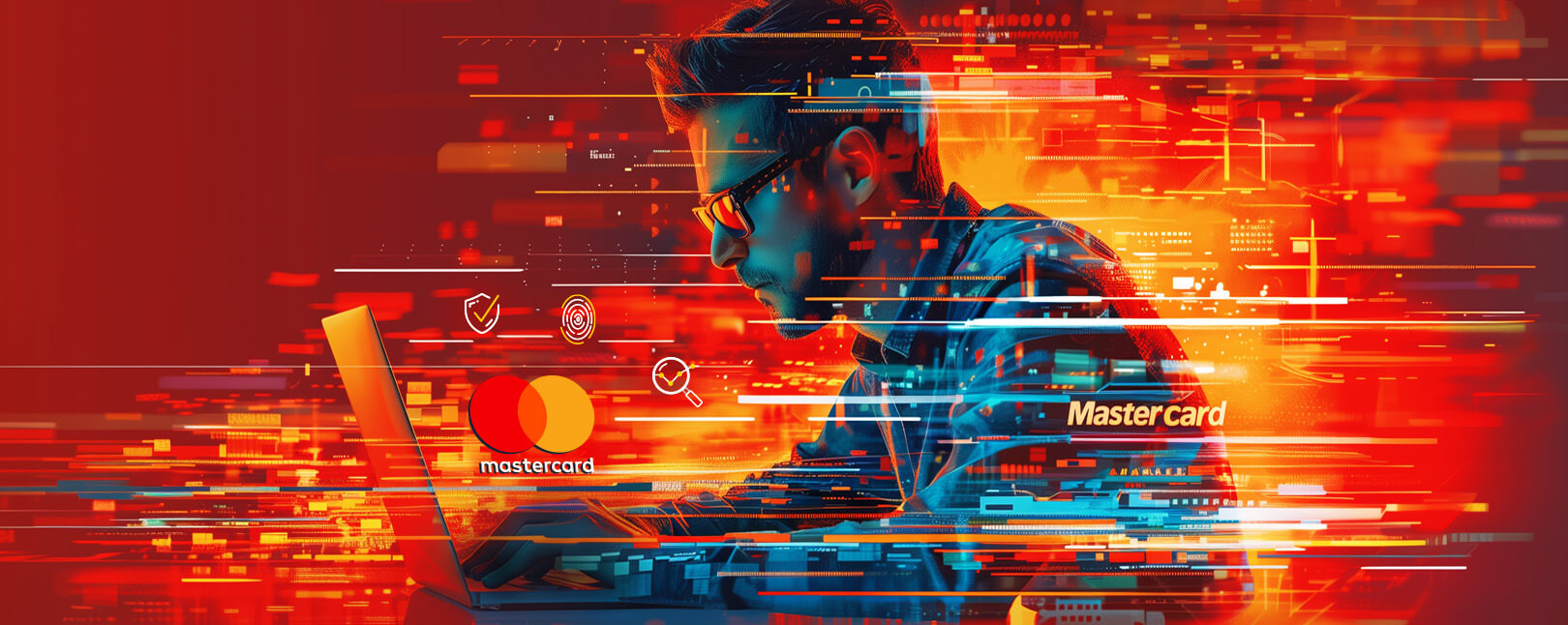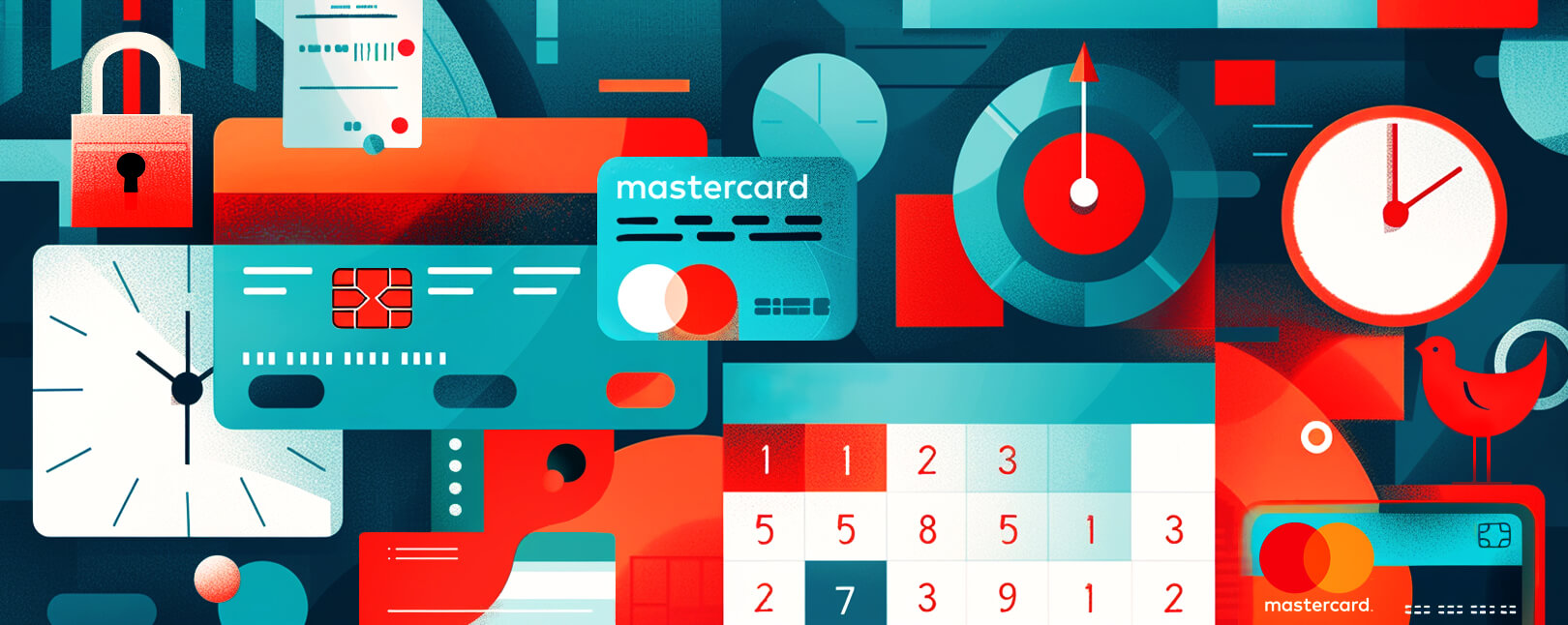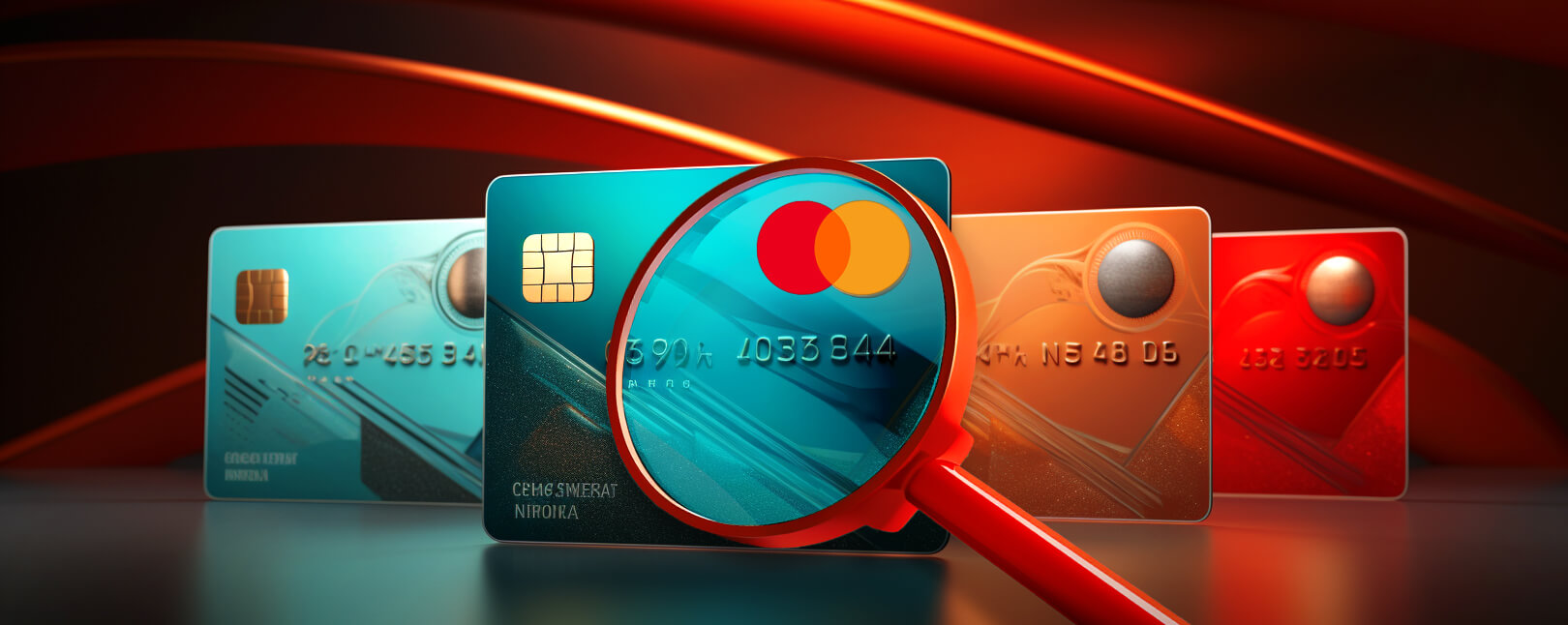Mastercard Issues Guidance Clarifying How to Manage Chargebacks During the Crisis
The ongoing COVID-19 crisis is making things difficult for merchants, banks, and cardholders alike.
Even as some states begin loosening quarantine orders, the situation will continue disrupting “business as usual” for months to come in most industries. In the hardest-hit verticals like travel and entertainment, providing even basic service to customers may be impossible, at least for the time being.
As we covered in a recent post, Visa issued updated guidelines to clarify what they’re doing to help make the situation fair for all parties involved, specifically in the area of chargebacks. They also outlined merchants’ responsibilities, and how merchants should respond to customer disputes.
Mastercard quickly followed suit, publishing their own directive earlier this month. In the document, the card network outlines merchants’ obligations to customers, as well as when and why they may be susceptible—or not susceptible—to chargebacks.
Let’s take a quick look at these guidelines, and see what broader takeaways we can draw from them.
When Cardholders CAN and CAN’T File Disputes
First, let’s address the key concern: when can a cardholder file a chargeback against a merchant?
Due to COVID-19, there may be multiple extenuating circumstances that impact whether a transaction should be disputable. In each scenario, though, Mastercard has simply examined the underlying purpose of the chargeback process—to protect cardholders against abuse—and made the rules reflect that purpose.
Here are a few situations in which a cardholder cannot file a dispute:
- A service is available, but the cardholder willingly declined the use of a purchased service due to concerns related to COVID-19.
- A cardholder is unable to use available services because of travel restrictions on the cardholder.
- A cardholder has been charged a “no-show” penalty for failing to cancel a reservation as per the merchant’s cancellation policy.
- A cardholder missed a flight (for any reason) and, as a result, missed a subsequent separate non-refundable service, such as a cruise or prepaid hotel reservation.
- The cardholder accepted a reasonable alternative for future service from the merchant, such as a voucher or merchant-branded gift card. The cardholder then changes their mind, asks for a refund, and is denied a refund.
Struggling With COVID-19 Chargebacks?
Chargebacks911® is here to offer support for merchants struggling to manage chargebacks. Click below to learn more.

In contrast, situations in which a customer can file a Mastercard chargeback include:
- The merchant is unable to provide service; i.e. is going out of business, or has voluntarily ceased operations with no plan to compensate travelers.
- The cardholder is notified that the date of service was changed or postponed. Examples include a concert, sports event, flight, or holiday itinerary.
- The goods ordered didn’t arrive on schedule, or by the mutually-agreed extended delivery date.
- The cardholder’s flight has been cancelled and the transaction was billed by an online travel agent (OTA).
These stipulations can still apply to some situations beyond the merchant’s control. For instance, the cardholder may file a chargeback if the merchant shipped the goods in question, but the package did not arrive in time due to quarantines or travel delays. A cardholder may also request a chargeback if the merchant provides a reasonable alternative in lieu of a monetary refund, but the customer declines and a refund is not provided in a timely manner. The validity of some such chargebacks will be determined based on the merchant’s terms and conditions, or applicable government legislation.
Finding a Middle Ground
When it comes to disputes, it can seem like cardholders and merchants have an antagonistic relationship. In reality, they’re on the same side; merchants and cardholders are equal partners in any transaction. Thus, merchants and cardholders can collaborate for mutual benefit.
As mentioned above, cardholders are unable to file a dispute after accepting a “reasonable alternative” in exchange for goods or services purchased. This can include a gift card, voucher, or a substitute item.
Both Visa and Mastercard encourage merchants to offer some alternatives when customers can’t use goods or services. According to the statement recently published by Mastercard:
“We are supportive of these efforts and encourage acquirers to recommend such practices to their merchants. Ultimately, if an amicable resolution can be reached between the cardholder and the merchant, this will be beneficial to the entire payment ecosystem during this difficult situation.”
The two keywords in that statement are “amicable resolution.” They further note that:
“Reasonable alternatives for future services cannot be imposed on the cardholder in lieu of a refund, unless the merchant has a right to provide the cardholder with such reasonable alternatives based on the terms and conditions properly disclosed to the cardholder at the of the purchase, or based on applicable government legislation or regulations.”
Mastercard still allows cardholders to file disputes if they’re forced to accept a voucher or other substitute by the merchant in lieu of a refund. Thus, the merchant and cardholder must collaborate to reach a mutually-beneficial solution.
Make Each Transaction a “Win-Win” Situation
There are three fundamental outcomes in the merchant-cardholder exchange. These include:
COVID-19 difficulties notwithstanding, it’s always the best policy to aim for a resolution that is mutually-beneficial for merchants and cardholders. How can merchants appease customers while still protecting their bottom line, though?
We recommend looking for opportunities to deliver the best possible customer experience, given the circumstances. For instance, even though offering a credit voucher or other substitute isn’t ideal, a merchant can turn it into an opportunity to give customers a great experience if done wisely. One option is to offer customers a 10-20% bonus credit for accepting a voucher in place of a refund. This way, the merchant retains their revenue, while customers are excited to get something extra.
We also have a few more suggestions to help merchants keep up with best practices:
Seek Outside Help
Merchants: no matter whether outsourcing was part of your plan or not, it's an idea worth considering. And, if there ever was a time to outsource…it's now.
Performance-based chargeback management services and other outsourced solutions offer quick setup to protect revenue. Relieving pressure from non-core activities enables you to focus on what's most important during these trying times: serving your customers and keeping your brand stable.
We at Chargebacks911 are the industry’s leading experts in chargeback management. Our unique combination of machine learning and human expertise offers unparalleled chargeback reduction, all backed by a 100% ROI guarantee. With fast implementation for short-term crisis support or long-term strategy, Chargebacks911 offers you the opportunity to recover revenue, reduce costs, reallocate FTE resources, and increase net income.


















